Our Experts - International and Military History
Read about our tutors who teach on the MA in International and Military History.
The staff who teach and supervise courses and modules can vary due to staff changes including research and other types of leave.
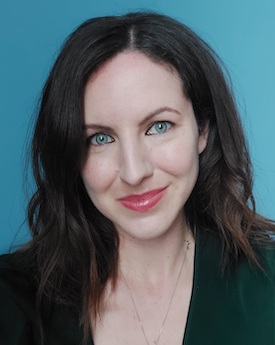
Dr Sophie Thérèse Ambler
I am Deputy Director of the Centre for War and Diplomacy. My research explores political ethics and war in the central and later Middle Ages, in western Europe and the Holy Land. Recently I have focused on England’s first revolution, when Simon de Montfort earl of Leicester (d.1265) led a campaign to seize power from the king and establish conciliar government, exploring the cultural, intellectual and military contexts that made the revolution possible. My current major area of research brings together social and military history to explore the experiences of troops operating in the British Isles and France in the thirteenth and fourteenth centuries, as well as the shifting patterns of thought concerned with soldiers and their roles and responsibilities in conflict.
Dr Sophie Therese Ambler profile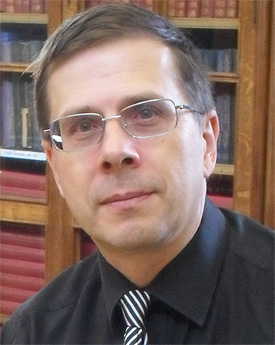
Professor Michael Hughes
I am a historian of nineteenth and twentieth century Russia, with a particular interest in the development of Russian conservative thought from 1815 down to the 1917 Revolution (particularly thinkers within the Slavophile tradition). Much of my recent work has focused on Anglo-Russian relations, seeking to place formal diplomatic relations in the context of wider cultural exchange, while my current research project explores the development of transnational revolutionary networks in the late 19th and early 20th centuries. I also have a long-standing interest in the role of religion in international politics.
I supervise the MA module ‘From Peter to Putin: Russia as a Great Power’.
Professor Michael Hughes profile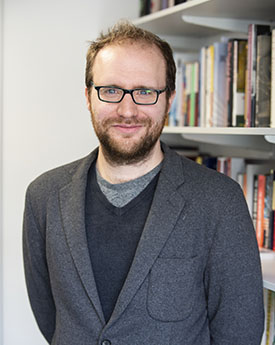
Dr Mark Hurst
My research focuses on campaigns conducted by human rights organisations during the Cold War, and on activism more broadly in contemporary history. My current research focuses on the history of Amnesty International, an organisation that has become synonymous with human rights concerns in the twentieth century. Despite this position, the influence of Amnesty International on the wider political process has been relatively understudied, something my research is aiming to address. I am particularly interested in how organisations such as Amnesty International functioned during the Cold War, when human rights issues were often at the forefront of international relations. Alongside this, I am interested more broadly in the history of human rights, dissent, and activism.
Dr Mark Hurst profile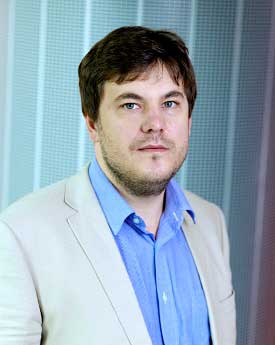
Dr Thomas Mills
I am Deputy Director of the Centre for War and Diplomacy, and I supervise the MA module 'A Special Relationship? The USA and Great Britain from World War II to the War on Terror'.
My research lies in the field of international relations in the twentieth century, with particular interests in US foreign policy towards Latin America and diplomatic relations between the US and Great Britain. My early work explored Anglo-American relations in South America during the Second World War in the broader context of the post-war economic diplomacy undertaken by the wartime allies. My current research projects include a collaborative project exploring Anglo-American relations in Latin America throughout the 20th century; an exploration of the role of British and American business groups in economic diplomacy; and a project exploring Britain's emerging role in Latin America at the turn of the 21st century.
Dr Thomas Mills profile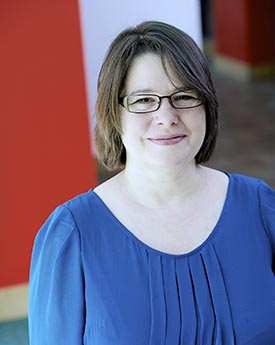
Professor Corinna Peniston-Bird
A cultural and gender historian of war, my research interests centre on issues of identity and memory, with a particular focus on national and gender identities, and the cultural circuit between representation and personal memory. In more traditional terms, my expertise lies in the World Wars, and in British and Central European – specifically Austrian - history, 1900-1945. I have published on numerous aspects of masculinities and femininities at war, including the combat taboo, the British Home Guard, and gendered bereavement. I also develop and teach innovative methodologies for a wide range of primary sources, including cartoons, monuments, film and oral testimony. I am currently writing on gendered commemoration in Britain in the twentieth and twenty-first centuries.
Dr Corinna Peniston-Bird profile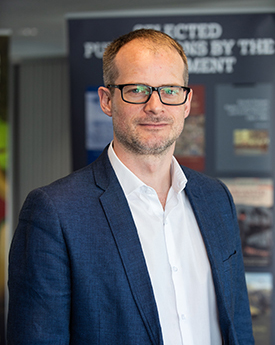
Professor Marco Wyss
I am the Director of the Centre for War and Diplomacy, convene the MA in International and Military History, and teach the MA module 'The Cold War in the Third World'.
My research focuses predominantly on the international history of the Cold War. While the initial focus was on the role of neutrality and Britain in the East-West struggle, I am currently working on the Cold War in the so-called Third World, specifically in Sub-Saharan Africa and in relation to Britain's and France's postcolonial security roles in this region. Meanwhile, I have also carried out research on peacekeeping in Africa, the transformation of European armed forces, as well as African defence and armed forces since the end of the Cold War. Prior to moving into and beyond the Cold War, I carried out research on volunteers in the Waffen-SS.
Dr Marco Wyss profile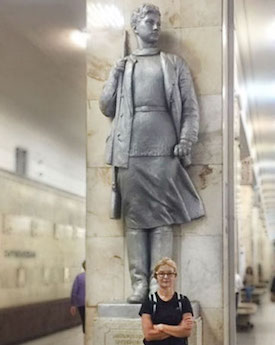
Professor Mercedes Camino
Mercedes Camino is a cultural historian with many interests, one of which is women’s experience in war, revolution, and conflict during Europe’s ‘age of extremes’ (1933-45). She has worked extensively on film, history, and memory of the Spanish Civil War, anti-Nazi resistance and the Holocaust. She is currently finalising a book for Routledge that investigates the production, reception and legacy of last letters written by men and women in Spain, France, Belarus, Russia, and Romania from 1939 to 1944.
Professor Mercedes Camino Maroto profile
